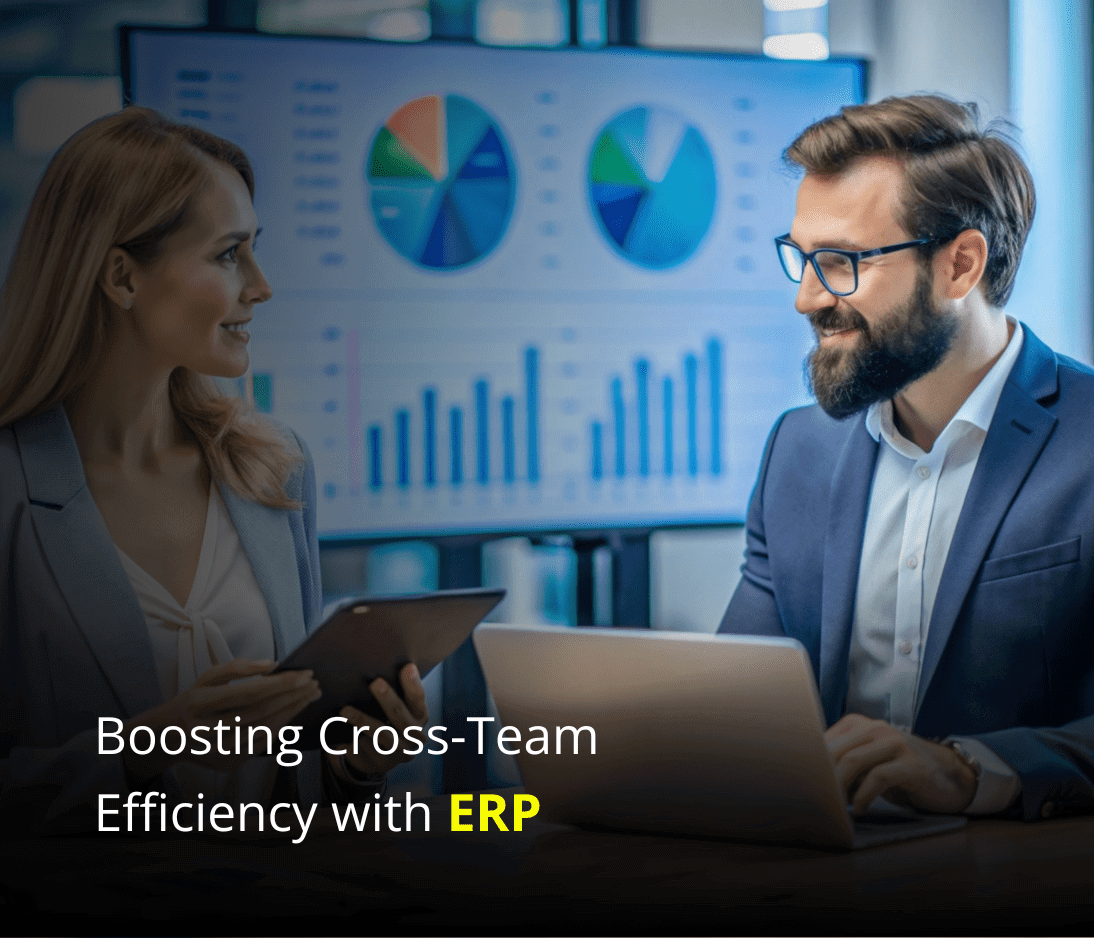1. Simplified workforce management
HRM solutions simplify the management of the retail workforce. They provide features such as employee self-service portals, which allow employees to access their schedules, request time off, view pay stubs, and update personal information. This reduces administrative burdens on HR staff and empowers employees to take control of their own HR-related tasks.
2. Efficient scheduling and shift management
Retail businesses often deal with complex scheduling requirements due to varying shifts, part-time employees, and seasonal demand fluctuations. HRM solutions offer advanced scheduling features that automate the process of creating and managing employee schedules. These tools consider factors such as employee availability, skill sets, and labor laws to ensure optimal scheduling and minimize conflicts.
3. Improved time and attendance tracking
Accurate time and attendance tracking is essential for payroll processing and labor cost management. HRM solutions provide robust time and attendance features, including clock-in/clock-out functionality, timesheet management, and automated calculation of hours worked. This eliminates manual errors, reduces payroll processing time, and ensures compliance with labor regulations.
4. Enhanced employee engagement and communication
HRM solutions facilitate better employee engagement and communication in retail businesses. They provide platforms for employee recognition, performance management, and feedback. These tools enable managers to provide timely feedback and recognition to employees, fostering a positive work culture. Moreover, HRM solutions offer communication channels, such as internal messaging systems or bulletin boards, to promote effective communication and collaboration among employees.

5. Streamlined onboarding and training
Effective onboarding and training are crucial for new hires to quickly become productive in the retail environment. HRM solutions automate and streamline the onboarding process, allowing HR teams to efficiently manage new employee documentation, training programs, and compliance requirements. This ensures a smooth transition for new hires and reduces the time and effort required for administrative tasks.
6. Comprehensive reporting and analytics
HRM solutions provide robust reporting and analytics capabilities that enable retail businesses to gain valuable insights into their HR data. HR teams can generate reports on employee performance, turnover rates, training effectiveness, and other key HR metrics. These insights help businesses make data-driven decisions, identify areas for improvement, and implement strategies to enhance employee satisfaction and retention.
7. Compliance with labor regulations
Compliance with labor regulations is critical for retail businesses to avoid penalties and legal issues. HRM solutions help retail businesses stay compliant by automating processes related to time and attendance tracking, labor law compliance, and employee documentation. The software can generate reports and alerts to ensure adherence to labor regulations, reducing the risk of non-compliance.
Conclusion
HRM solutions offer a wide range of benefits to retail businesses, including simplified workforce management, efficient scheduling, improved time and attendance tracking, enhanced employee engagement, streamlined onboarding and training, comprehensive reporting, and compliance with labor regulations. By implementing an HRM solution tailored for the retail industry, businesses can optimize their HR processes, improve employee satisfaction, and drive operational excellence.







